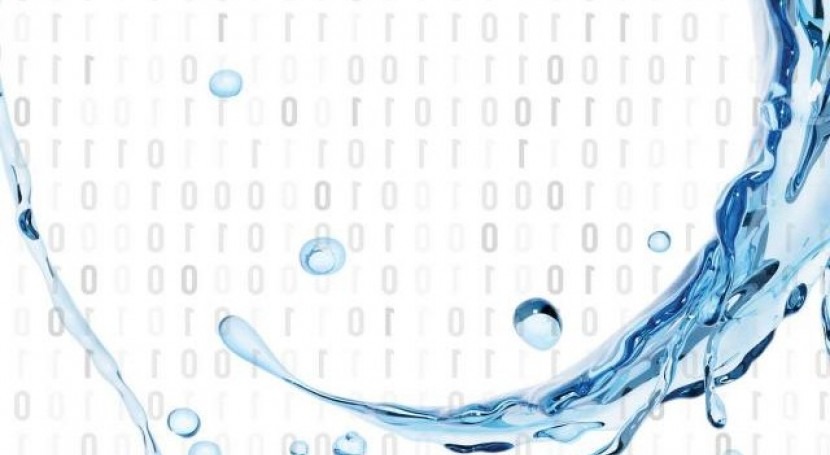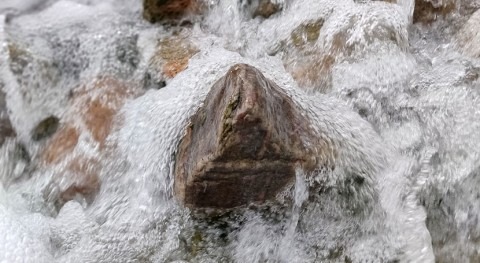The U.S. water industry is embracing innovation, sustainability and technology, including data, analytics and other “digital water” tools along with resource recovery processes. Combined, this continued progress helps to meet a host of challenges headlined by aging infrastructure, climate-related impacts and uncertainties from the COVID-19 pandemic, according to a newly released report from Black & Veatch.
The company’s Strategic Directions: 2021 Water Report features expert analysis of survey responses from more than 200 U.S. water industry stakeholders. It shows a sector discovering new ways of doing business by embracing digital water and leveraging integrated approaches to both planning and delivering strategic, financial and operational resilience.
“The COVID-19 pandemic demonstrated the industry’s remarkable agility and adaptability in delivering its essential services,” said Cindy Wallis-Lage, president of Black & Veatch’s water business. “Given all of the challenges, including COVID-19, the water sector is transforming. This evolution features continued progress for wider use of data technology, advancements in innovative solutions that drive resilience, and is stimulating meaningful, long-term investment. More than ever, these times validate a holistic, collaborative approach to addressing the industry’s complexities and ensuring a lasting, dependable water ecosystem.”
While it continues to evolve, many issues facing the industry are familiar. A total of 75 percent of survey respondents listed aging infrastructure as their foremost challenge. Other issues include making the case for capital improvement programs (34 percent), system resilience (30 percent) and managing capital costs (26 percent). Utility managers understand that data-related technologies can optimize their systems for greater sustainability and resilience, as roughly two-thirds categorize their data management practice as robust and strengthening though not fully integrated. This represents a slight uptick from Black & Veatch’s 2020 report.
Other key findings include:
- More than two-thirds of respondents credited COVID-19 for their organization’s increased consideration of digital technology, pointing to the pandemic-forced remote working practices of their employees.
- Projects meant to ensure or enhance water quality – the chief driver of water providers – held the most sway among survey respondents, with roughly four in 10 casting that as the greatest emphasis.
- Financial drivers (56 percent) and strong consumer demand (42 percent) outrank political pressure (36 percent) when driving the water industry to set sustainability goals.
- When asked which components they plan to include in their sustainability strategies, respondents pointed to renewable energy, water loss mitigation and new/alternative water supplies as their top three focus areas.
- A combined 89 percent of respondents reported they are at least somewhat confident in the quality of their data. This suggests a strong foundation for leveraging data to inform future decision making.



















